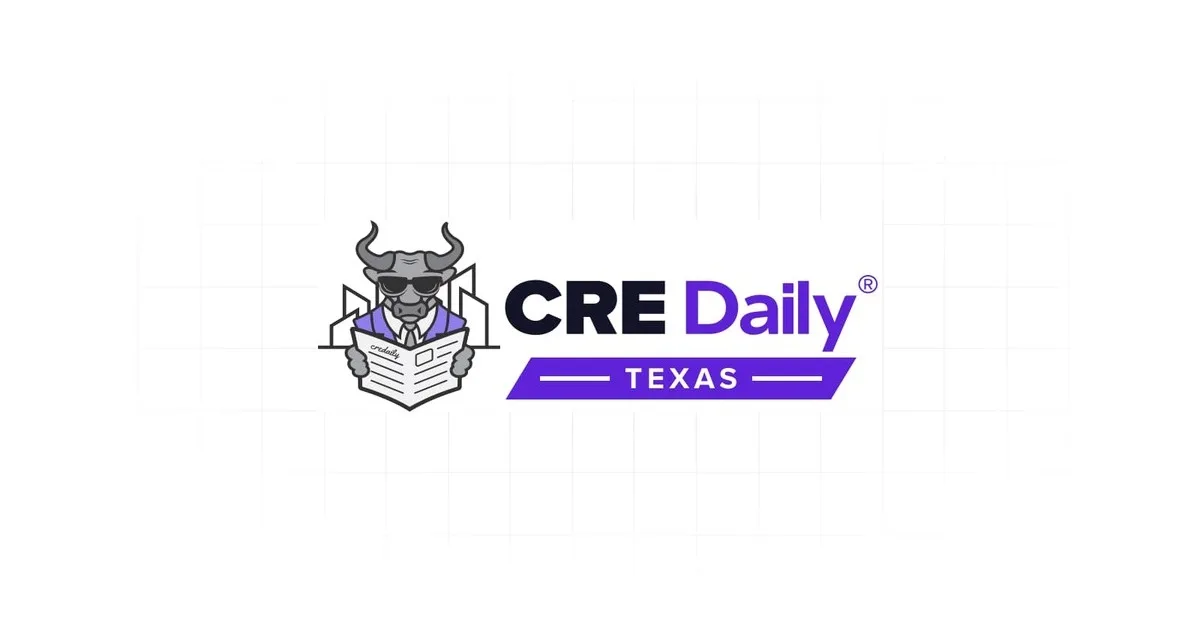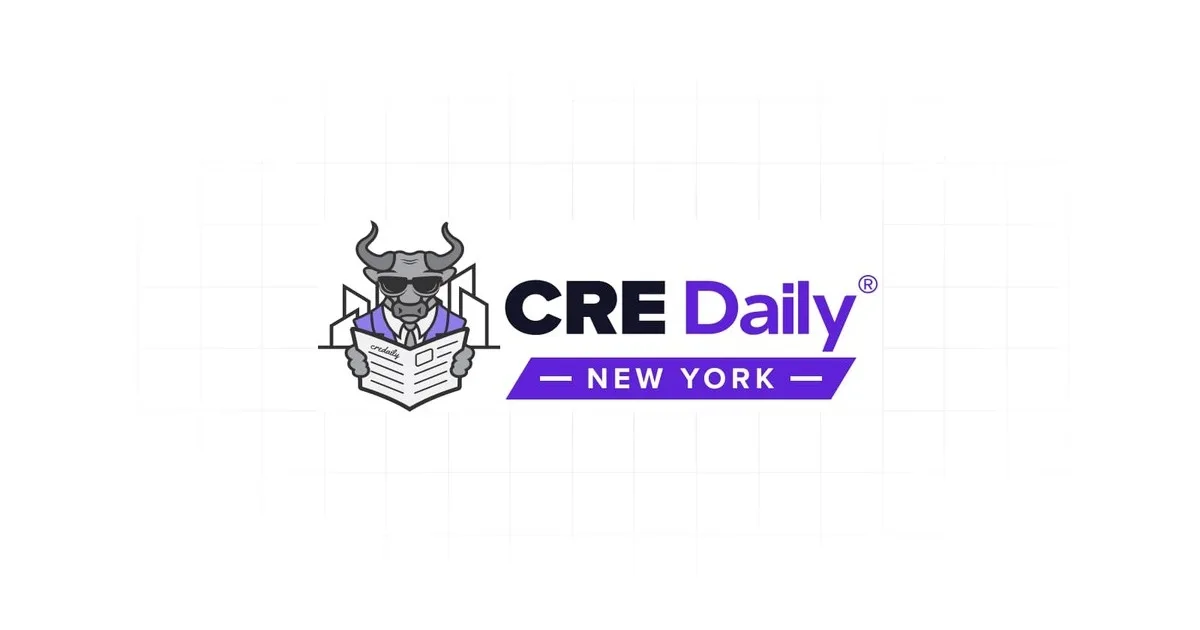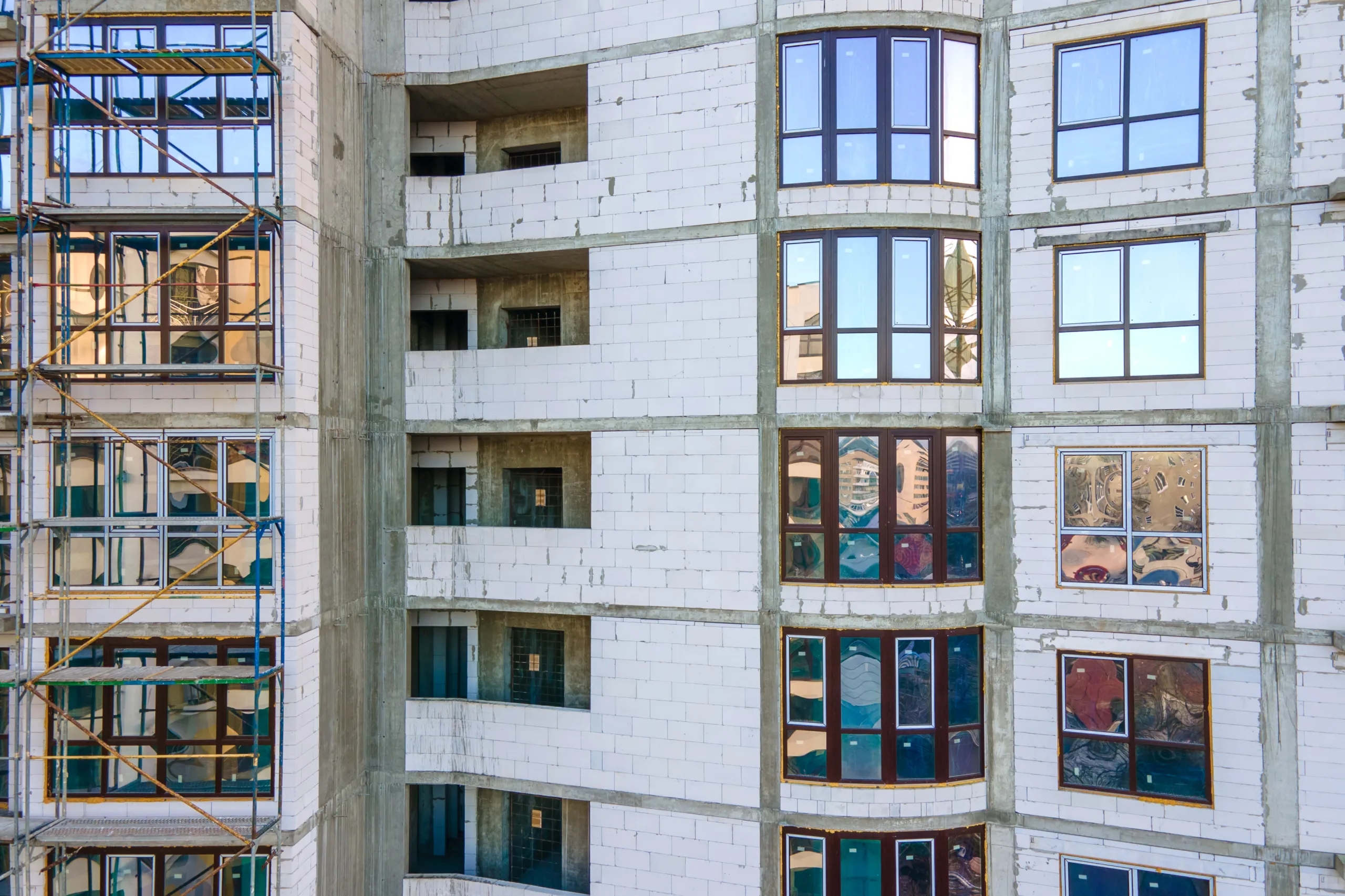- A new Senate bill, the Stop Medical Profiteering and Theft Act, would restrict healthcare systems from engaging in sale-leaseback deals with REITs that could jeopardize financial stability or public health.
- The bill follows the bankruptcy of Steward Health Care, which defaulted on over $50M in rent payments to Medical Properties Trust (MPT), triggering hospital closures and public backlash.
- If passed, the legislation would empower the Department of Health and Human Services to review hospital lease agreements and close REIT tax loopholes related to healthcare rental income.
A Legislative Response To Steward’s Collapse
Steward Health Care’s high-profile bankruptcy has prompted a legislative response, reports Bisnow. In its wake, three Democratic senators—Ed Markey, Bernie Sanders, and Richard Blumenthal—introduced new legislation. The bill aims to rein in the financial risks tied to real estate investment trust (REIT) deals with hospital operators.
The Stop Medical Profiteering and Theft Act was announced on Wednesday. It would prohibit hospital systems from entering lease or sale agreements with REITs. These deals would be blocked if they could weaken a hospital’s financial footing or put public health at risk. It also grants oversight authority to the Department of Health and Human Services (HHS) and seeks to eliminate REIT tax benefits tied to healthcare-related rental income.
What Went Wrong With Steward And MPT
The legislation directly references the fallout from Steward’s $1.25B sale-leaseback deal with Medical Properties Trust in 2016. That transaction enabled Steward to rapidly expand but saddled the company with steep rental obligations it could not sustain.
By May 2024, Steward had defaulted on more than $50M in rent owed to MPT. This contributed to the hospital operator’s bankruptcy. It also placed dozens of healthcare facilities in financial jeopardy. MPT suffered significant losses, and in at least one case, Massachusetts authorities intervened using eminent domain to keep a local hospital open.
Get Smarter about what matters in CRE
Stay ahead of trends in commercial real estate with CRE Daily – the free newsletter delivering everything you need to start your day in just 5-minutes
Shifting The REIT-Hospital Equation
Critics argue that sale-leaseback structures can overburden healthcare systems. In these deals, REITs buy properties and lease them back to operators, often resulting in unsustainable rent obligations. The senators labeled these agreements as “predatory,” asserting that they prioritize investor profits over patient care.
“The Steward Health Care crisis showed what happens when corporations put profits over patients,” Sen. Markey said in a statement. “We must put guardrails in place to ensure health care systems, providers, and patients are protected from financial mismanagement driven by corporate greed.”
Why It Matters
Sale-leaseback agreements have become a common strategy for healthcare systems seeking quick liquidity, often at the cost of long-term financial health. The proposed legislation signals a push for greater scrutiny and regulatory oversight as the healthcare sector navigates the risks tied to institutional real estate ownership.
What’s Next
The bill is likely to face opposition from industry stakeholders who argue that REIT partnerships provide essential capital to health systems. But with growing concern over hospital closures and strained public health infrastructure, lawmakers are aiming to establish new financial safeguards.
Whether the bill gains traction remains to be seen, but it adds fuel to a larger debate over the role of private capital in public healthcare delivery.
















